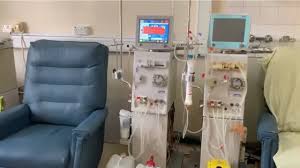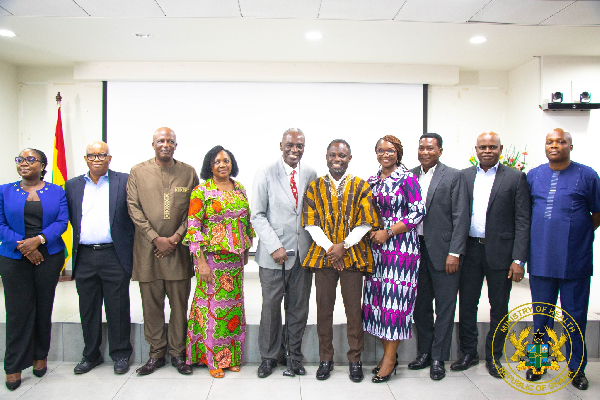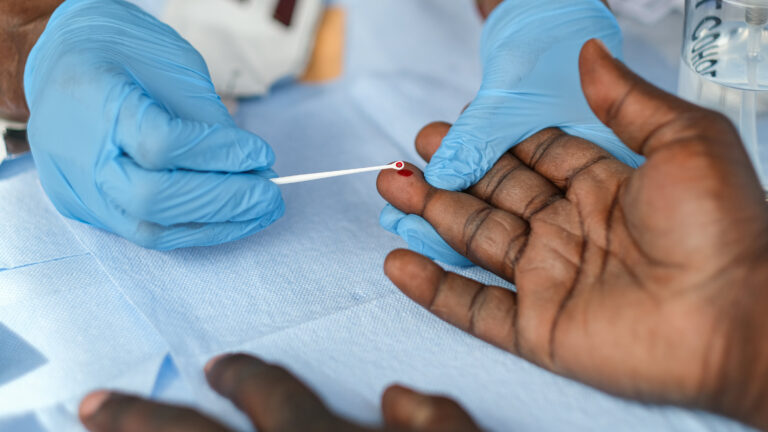Got Questions? Email: info@rxaccredit.com
Ghana’s Commitment to Free Dialysis: A Lifeline for Kidney Patients

In a significant move to alleviate the burden of kidney disease on patients and their families, the Ghanaian government has reaffirmed its commitment to sustaining the free dialysis program under the National Health Insurance Scheme (NHIS). This initiative, which has been a beacon of hope for many, ensures that life-saving dialysis treatments remain accessible to those in need, regardless of their financial circumstances.
Kidney disease is a growing public health concern in Ghana, with thousands of patients requiring regular dialysis to manage their condition. Dialysis, a costly and time-consuming treatment, has historically been out of reach for many Ghanaians, particularly those from low-income backgrounds. The introduction of the free dialysis program under the NHIS has been a game-changer, offering a lifeline to patients who would otherwise struggle to afford this essential care.
A Renewed Pledge to Healthcare Equity
The government’s recent announcement to continue the free dialysis program underscores its dedication to healthcare equity and universal health coverage. By integrating dialysis services into the NHIS, the program not only reduces the financial strain on patients but also aligns with global efforts to achieve Sustainable Development Goal 3 (SDG 3) – ensuring healthy lives and promoting well-being for all.
This commitment is particularly crucial as the prevalence of non-communicable diseases (NCDs), including kidney disease, continues to rise in Ghana. The free dialysis program not only addresses the immediate needs of patients but also highlights the importance of preventive care and early diagnosis in combating NCDs.
Challenges and the Way Forward
While the free dialysis program has been widely praised, it is not without its challenges. The increasing number of patients requiring dialysis has placed significant pressure on healthcare facilities and resources. To ensure the sustainability of the program, stakeholders have called for increased investment in healthcare infrastructure, training for medical professionals, and public awareness campaigns to promote kidney health.
Additionally, there is a need for collaboration between the government, private sector, and international partners to expand access to dialysis services across the country. By addressing these challenges head-on, Ghana can continue to lead the way in providing affordable and accessible healthcare for all.
A Beacon of Hope
For many Ghanaians living with kidney disease, the free dialysis program is more than just a policy – it is a lifeline. Patients like [insert hypothetical patient story or example] have shared how the program has transformed their lives, allowing them to focus on their health without the constant worry of financial hardship.
As the government reaffirms its commitment to sustaining this vital program, it sends a powerful message: that no one should be denied the right to healthcare because of their inability to pay. This initiative is a testament to Ghana’s progress in building a more inclusive and equitable healthcare system, and it serves as a model for other nations grappling with similar challenges.
Conclusion
The continuation of the free dialysis program under the NHIS is a significant step forward in Ghana’s journey toward universal health coverage. By prioritizing the needs of vulnerable populations and investing in life-saving treatments, the government is not only saving lives but also fostering a healthier, more resilient society.
As we celebrate this milestone, let us also remember the importance of collective action in addressing the root causes of kidney disease and other NCDs. Together, we can build a future where every Ghanaian has access to the care they need to live a healthy and fulfilling life.


